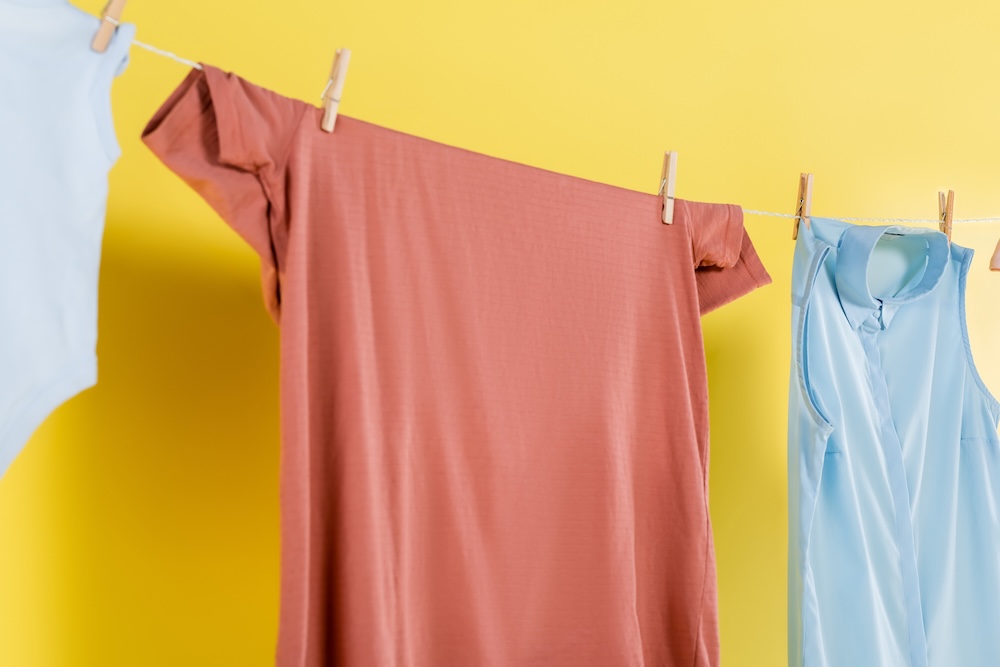Sustainable living isn’t about perfection or expensive swaps — it’s about choosing differently, even in small ways. While eco-friendly products and green upgrades are great, some of the most powerful changes don’t cost a thing.
In fact, many of the most impactful sustainable habits are completely free. No fancy gadgets. No subscription boxes. Just choices made with a little more awareness and a little less waste.
Here are 10 free ways to start living more sustainably today — no purchase required.
1. Refuse Single-Use Plastics Whenever You Can
Sometimes the most sustainable action is to simply say no. Straws, utensils, plastic bags, tiny hotel toiletries — if you don’t need it, refuse it.
Why it matters: Refusing cuts demand at the source and reduces downstream waste. It also sends a subtle signal that business as usual isn’t working.
2. Use What You Already Have
That water bottle? That old t-shirt you now sleep in? That repurposed jar? Keep using them.
Why it matters: The greenest product is the one you didn’t throw away. Reusing extends life, reduces demand, and stops the cycle of buy → use → toss.
3. Air-Dry Your Clothes
Dryers are one of the most energy-hungry appliances in most homes. If you have space, hang your clothes to dry instead.
Why it matters: Reduces energy use, lowers your electric bill, and helps your clothes last longer (bonus!).
4. Eat What You Buy
Food waste is one of the most preventable (and overlooked) environmental issues. Shop intentionally, freeze leftovers, and get creative with what’s left in the fridge.
Why it matters: Cutting food waste reduces methane emissions from landfills and saves money. It’s a win-win.
5. Say No to Fast Fashion (Even if Just This Once)
Before you buy a $5 shirt that’s trending, pause. Do you need it? Can you restyle what you have? Would a thrift find feel even better?
Why it matters: Fast fashion fuels pollution, waste, and labor exploitation. Every avoided impulse buy is a quiet rebellion.
6. Walk, Bike, or Combine Trips
You don’t need to go fully car-free to lower your emissions. Choose active travel when you can, or batch your errands to reduce mileage.
Why it matters: Transportation is a major contributor to greenhouse gas emissions. Every skipped drive counts.
7. Borrow Instead of Buy
Need a tool for one project? A dress for one event? Ask a friend, check a local “Buy Nothing” group, or visit a library of things.
Why it matters: Sharing extends the life of products and prevents unnecessary consumption. It also builds community.
8. Speak Up — Kindly and Often
Whether it’s asking your local cafe about reusable options or tagging a brand to suggest better packaging, your voice matters.
Why it matters: Consumer pressure drives change. One voice may seem small, but many voices lead to systemic shifts.
9. Unsubscribe from Over-Shopping Culture
If you’re constantly tempted to buy things you don’t need, it might be time to hit “unsubscribe.” Reduce exposure to ads, flash sales, and influencer hauls.
Why it matters: Less impulse shopping = less waste, less regret, and more intentional choices.
10. Reconnect with Nature
You don’t have to live off-grid to feel connected to the Earth. Go for a walk, sit under a tree, or simply notice the sky. The more you love nature, the more you’ll want to protect it.
Why it matters: Sustainability isn’t just about habits — it’s about relationship. When you care, your actions follow.
Final Thoughts: Sustainability Isn’t a Luxury
A more sustainable life doesn’t begin with a shopping cart — it begins with a mindset.
The beauty of these free habits is that they remind us of something powerful: you don’t need more to live with less impact. You just need awareness, intention, and the belief that small actions matter — because they do.
Let’s normalize the no-cost choices. Let’s make sustainability feel human, not high-end.
Because the Earth needs all of us — not just the perfectly outfitted few.









Reader Interactions